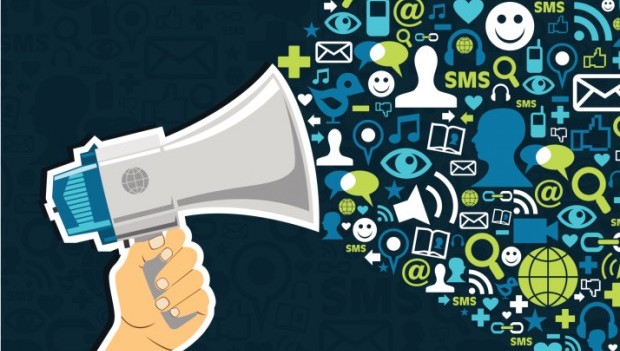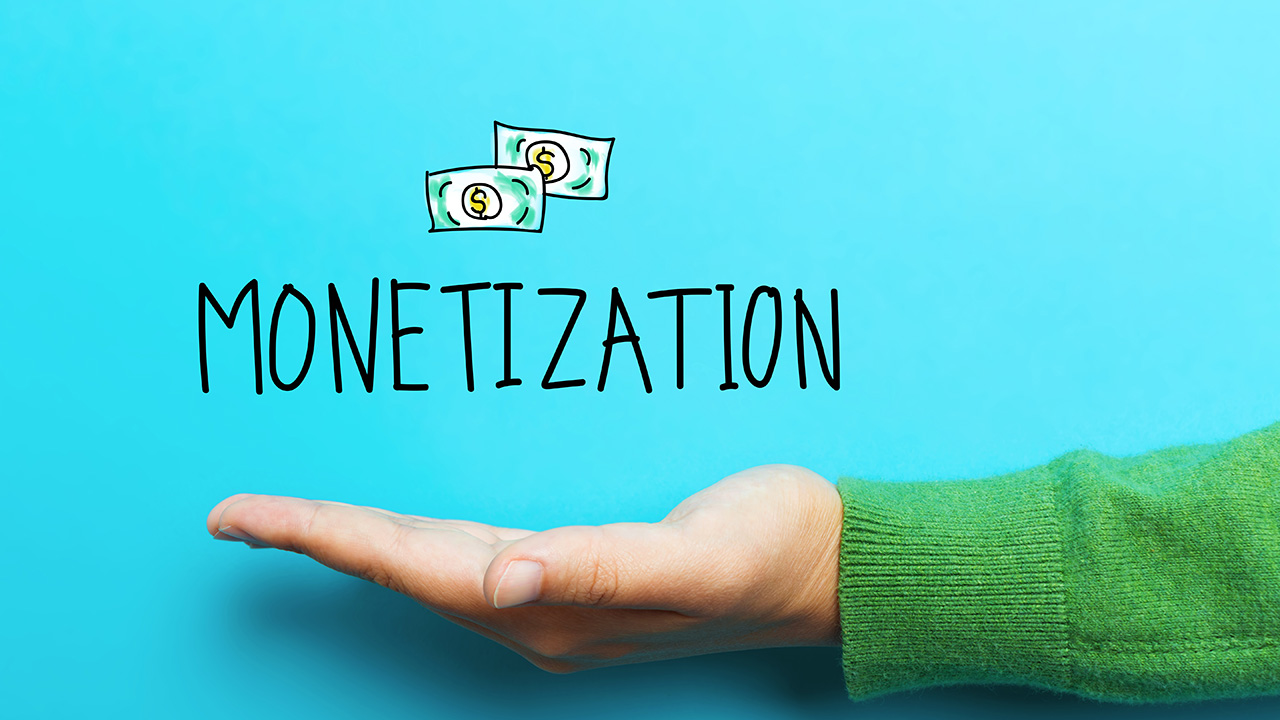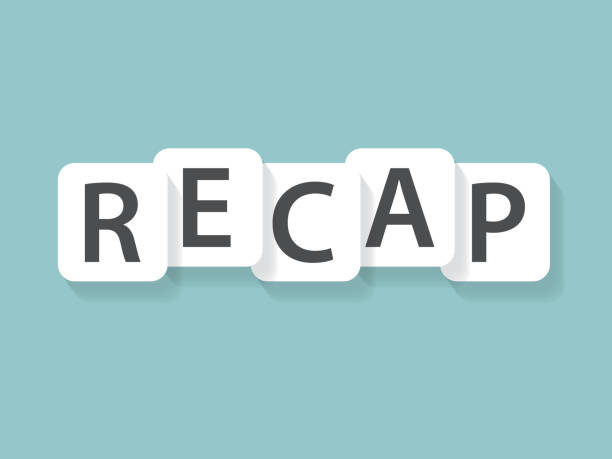
How to Handle a Crisis on Social Media
At some point, every small business may have to deal with a public relations crisis. Social media has the power to fan the flames of crisis or douse them on the spot, social media strategist Whitney Zatzkin says.
“No matter what the crisis, social media should play a role in your communication strategy,” she says. “When used correctly, social media can offer information to the public and give a positive voice to a company.”
Zatzkin acts as a consultant for small businesses in need of social media assistance, including in times of crisis. Through the years, she’s learned a few social media tactics to handle adversity. Here’s a look at a few universal crisis management tips that Zatzkin says can work for every small business.
Have a plan in place
Long before a disaster strikes, you need to have a plan in place, Zatzkin says. “Remember doing fire drills in school? A crisis communication plan is the same thing,” she says. “You need a plan in place to get out of a disaster area safely and you need to practice it.”
You can’t predict what kind of crisis will strike, but if your reputation or brand is damaged, you need to have a plan to handle the fallout and repair the damage, Zatzkin says.
Respond quickly
You can’t remain silent and hope a problem goes away, Zatzkin says. The best public relations move you can make during a PR crisis is to act quickly and responsibly. “The first 24 hours are crucial,” she says. “People expect an immediate response and the longer you wait to take a stance, the worse it looks for your company.”
Domino’s Pizza found that out the hard way. A few years ago, an employee posted a video on YouTube of a fellow coworker violating all kinds of health codes while making pizza. The “Dirty Domino’s” video had a million hits and was picked up by news outlets across the country. The CEO appeared in a video to apologize to customers, but not until 48 hours later, which some analysts said was too late.
Be honest and take responsibility when necessary
If your company is at fault, say so, Zatzkin says. “Everyone makes mistakes and that includes people running small businesses,” she says. “Your customers are capable of forgiveness, if you own up to your mistakes.”
DKNY was praised for its honesty when a photographer called the fashion company out on Facebook for using some of his photos without paying. DKNY took responsibility, explaining that an internal mockup was accidentally used in displays at its Bangkok store. The company made a donation to the YMCA in the photographer’s name.
Don’t argue or delete comments
During a crisis, people will get riled up. It’s inevitable. But if you handle negative comments poorly, you’ll do further damage to your already vulnerable brand, Zatzkin says.
Applebee’s was in the hot seat recently for arguing with customers and blocking people from its Facebook page. The digital scuffle all started when a pastor wrote, “I give God 10 percent, why should you get 18 percent?” on his receipt. A waitress posted a picture of it on Facebook.
The company fired the waitress for posting a customer’s private information online and issued a statement on its Facebook page.
People were outraged. Instead of keeping calm, the company started arguing with customers, deleting comments and blocking users. A blogger chronicled the whole thing.
“Always stay calm. Don’t fuel the fire, just respond to comments appropriately,” Zatzkin says. In time, a crisis will blow over, Zatzkin says, but your company will be judged by its reactions.
This post contributed by guest author, Lisa Furgison. Furgison is a media maven with ten years of journalism experience and a passion for creating top-notch content.
© 2014 – 2018, Contributing Author. All rights reserved.



